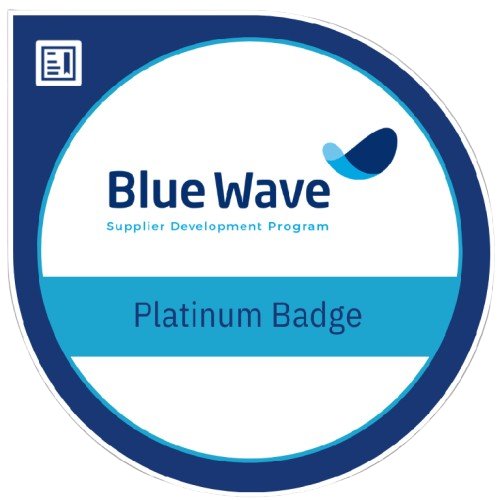creativity meets real-world challenges
Join the Hack the Future AI-THON
Welcome to Hack the Future, the first AI hackathon in Suriname where creativity meets hands-on problem-solving in an exciting, collaborative environment.
What’s in Store?
Over four action-packed days, you’ll team up with fellow innovators to solve real-world problems faced by today’s leading companies in Suriname. This isn’t just another hackathon; it’s your opportunity to drive change and make an impact in areas like energy, agriculture, mental health, and more.
General Expectations
- Prototyping: All teams are expected to present working prototypes that demonstrate technical functionality and feasibility.
- Presentation: Participants will present their solutions to a jury, focusing on the impact of their solution in the context of Suriname.
- Collaboration: Teams are encouraged to collaborate, leverage each other’s strengths, and come up with innovative solutions that align with the local context and challenges.
- AI: Since this is an AI-thon, every prototype must include or apply at least one form of AI.
This should give participants a clear understanding of what is expected from them during the hackathon.
Who Can Participate?
Young innovators (ages 18-40) who are passionate about technology and ready to tackle real-world issues. This is a group challenge—each team must consist of 3 to 5 participants.
Win big
- First Prize: $1,500
- Second Prize: $1,000
- Third Prize: $500
Out of the top 3 winning teams selected participants may get employment opportunities
Ai-Thon Guidelines
- Eligibility: Open to innovators aged 18-40 residing in Suriname.
- Innovation Focus: Solutions should focus on ICT fields such as software applications, hardware devices, AI, IoT, blockchain, and cybersecurity.
- Practical Application: Solutions should address a specific challenge in Suriname, with potential for practical implementation.
- Working Product: Teams must develop a functional prototype or demonstration.
- Presentation: Participants will present their innovations to a panel of judges during a two-phase evaluation process.
Judging Procedure
Phase 1: Initial Screening (7-14 October 2024)
- Criteria: Relevance, Innovation, Feasibility, Impact.
- Required: Project proposal, conceptual designs, and team bios.
- Submit your project:
- Complete Phase 1 by submitting your project proposal, wireframes, and team bios by 16:00 PM on October 7, 2024.
Phase 2: In-depth Evaluation (21-27 October 2024)
- Criteria: Technical implementation, user experience, scalability, sustainability.
- Required: Detailed documentation, working prototype, market analysis.
- Submit your final project:
- Finalize your project for Phase 2, including documentation and prototypes by 15:00 PM on October 27, 2024
Focused Challenges
Education
Case 1: Accessibility of Digital Learning Tools
Assignment: Develop a platform that makes digital learning tools accessible to schools, especially in areas with limited internet access.
Expected Output:
- A working prototype of a Progressive Web App (PWA) that offers offline functionality.
- Documentation on the use of PWA technologies and the methods used to optimize access to learning tools.
- A presentation explaining how the solution can help schools in Suriname with limited internet access.
To make access easier, AI could help. Perhaps applying AI on the edge? Can it run offline?
Case 2: Virtual Mentorship Program
Assignment: Create a virtual mentorship program for students, including video chats, resource sharing, and progress monitoring.
Expected Output:
- A functional demo of a platform that connects students with mentors worldwide.
- Use of APIs for video conferencing and resource sharing integrated into the solution.
- Presentation of a user-friendly interface and a strategy for implementation in Surinamese educational institutions.
Build an AI-powered virtual mentor (chatbot) as the first layer, or AI to help match students with mentors who have the right expertise.
Cybersecurity
Case 1: Phishing Detection and Prevention
Assignment: Develop a tool that can detect and prevent phishing attacks in real-time.
Expected Output:
- A working prototype of a system that analyzes phishing attacks on both emails and websites.
- Application of machine learning to recognize suspicious patterns and alert users.
- A report on the system’s accuracy and effectiveness in terms of detection and prevention.
Case 2: IoT Device Security
Assignment: Design a system for securing IoT devices in networks, with automatic countermeasures.
Expected Output:
- A functional demonstration of a network security system for IoT devices.
- Use of open-source IoT security protocols in the development.
- A plan for monitoring IoT devices and implementing automatic security measures.
eCommerce
Case 1: Reliable Payment System
Assignment: Build a platform for secure and reliable online payments in Suriname.
Expected Output:
- A working prototype of a payment platform that complies with international security standards.
- Integration of local payment methods and APIs in the system.
- Documentation of the implementation process and a plan for the platform’s scalability.
Case 2: Increased Customer Engagement
Assignment: Develop a customer engagement platform with gamification and personalized offers.
Expected Output:
- A working version of a platform that applies gamification to increase customer loyalty.
- Integration with existing e-commerce sites and use of data analysis tools to monitor customer behavior.
- A strategic plan for improving customer retention using the developed tools.
Make personalized recommendations based on AI. Assess retention chances to intervene if necessary.
Other Options
The following additional challenges can also be addressed:
- Gamification: Develop an educational game to teach complex topics interactively. Here, AI can play a role by adapting to your level.
- Smart Cities: Develop an app or platform to reduce energy consumption in cities or improve air quality.
- AgriTech: Create a solution for precision farming, such as a water-saving system.
- Reusable Materials: Design a platform for reusing and recycling products.
- Mental Health: Develop an app for stress reduction and mindfulness exercises.



